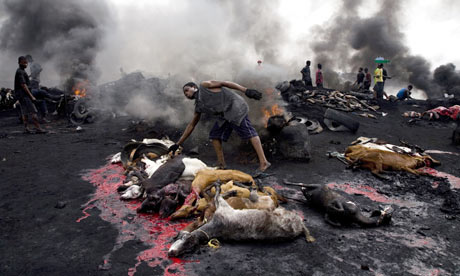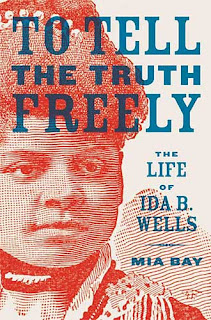I got my things and left.
This is the first line of the book The House of Hunger by Zimbabwean writer Dambudzo Marechera.
It is a forlorn opening line in a book with a poignant title that captures the lot of most African writers who live a metaphorical “house of hunger.”
Paying a tribute to Marechera, Nigerian writer Helon Habila argued that he was “always getting his things and leaving; not that he had many things to get…”
Though he was a renowned writer featured in the famed African Writers Series, Marechera had nothing materially to show for it. In fact, he was homeless, always wandering from place to place; sleeping on park benches, being mugged and at best sleeping on other people’s floors.
He only had a typewriter and a few books for his earthly possessions.
In 1987, Dambudzo Marechera finally “got his things and left” — for good — when he died of an Aids-related illness.
The life of the average African writer of fiction is no different: Fame and famine meet in an awkward embrace.
Celebrated British man of letters Isaac D’Israeli once lamented, “Fortune has rarely condescended to be the companion of genius... Even in these enlightened times such have lived in obscurity while their reputation was widely spread; and have perished in poverty, while their works were enriching the booksellers.”
Only a few African writers can live comfortably off royalties from their writing — names such as Chinua Achebe, Wole Soyinka, Ben Okri and Nuruddin Farah.
The only Kenyan fiction writer who can live off the royalties from his books is Ngugi wa Thiong’o.
It is hard to pin down what makes one a best-selling author in fiction.
Indeed, what makes a best-seller is a mystery not even publishing gurus can fathom.
Publishing of fiction is a little like gambling.
Unlike textbooks that follow a clearly designated curriculum making it easier for writers to tailor their books to market needs, fiction publishing is more subjective.
Estimating the public literary tastes and preferences is difficult as some of these aspects cannot be picked in empirical research.
How will a researcher help determine which characters or scenes of an upcoming novel will resonate with the public enough to translate into sales?
Even when publishers do research on the kind of novel, play or short story the readers want, in the final analysis, the publisher has to make an educated guess.
What publishers do is publish many books and hope that some of them will be bestsellers (usually about 30 per cent).
There are books that can be marketed and flogged to death but they will just fall flat on their faces.
There is no clear formula to success.
Even an established writer cannot easily replicate the success of a previous work to the next.
A poor reading culture, no matter what the critics say, is a major contributing factor to poverty among fiction writers.
Those who still argue that there is a good reading culture in Kenya should explain to fiction writers why even the best author on average earns a miserable Ksh20,000 ($256.4) or less in a year.
However, once a fiction title is selected by the Kenya Institute of Education for compulsory study as a school set book, the writers become instant millionaires.
If that is not a poor reading culture, what is?
Kenyan publishers have been blamed for “exploiting writers” and even) “stealing from them.”
The truth is that if any publisher were honest enough, they would tell you that for some fiction titles, they hardly even move 100 copies in a year.
Surprisingly, at the same time, some textbook writers make over Ksh5 million ($64,102.5) annually from the same publishers.
Alternative forms of entertainment especially television and new media will make Kenyan writers even poorer as more people — those with purchasing power — seek quick gratification.
Against all these odds, then why should one bother to write fiction?
Of course, besides wanting to leave a legacy or merely for fame, it is possible, with some creativity coupled with a good dose of luck, to still make good money.
Dan Brown, author of the Da Vinci Code (who knows something about making money from books) says: “The bestselling-author-to-be is not the professor you overhear at the coffee house saying, ‘Ahh, if only I didn’t have all these time-draining teaching responsibilities, I could sit down and become the next big writer. The best-selling author of five years from now is getting up at 4am and writing for three hours before she has to go to work.”
Even if the financial rewards do not come immediately or (God forbid) never at all, there are many reasons why writers should not give up.
Writing makes one immortal — Shakespeare is still alive today through his works. Sometimes, it is not only about the money.
The writer is the publishing manager of Macmillan Kenya Publishers. E-mail:john nmwazemba@yahoo.co.uk




